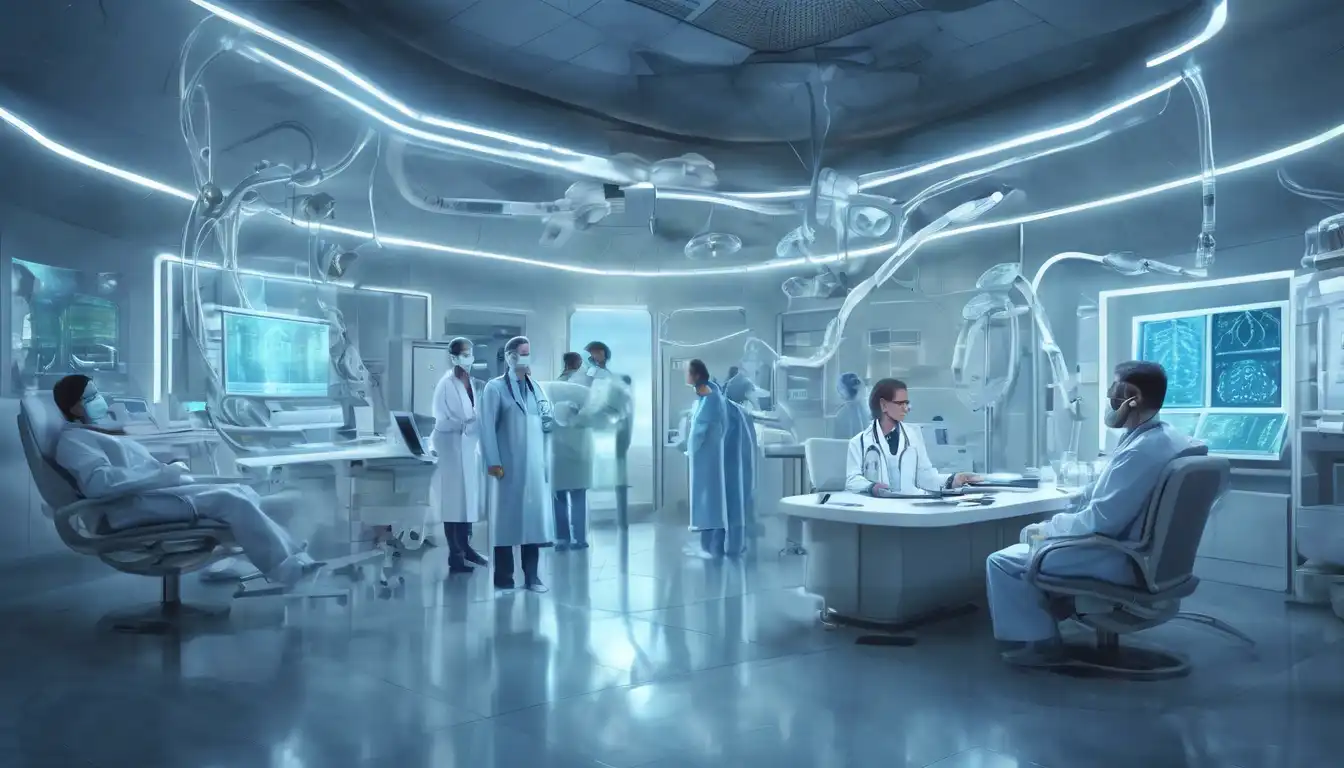The Revolutionary Role of AI in Healthcare
Artificial Intelligence (AI) is revolutionizing the healthcare industry by offering innovative solutions to complex problems. From diagnostics to treatment personalization, AI's role in modern healthcare is undeniable. This article explores how AI is transforming healthcare delivery, improving patient outcomes, and streamlining operations.
Enhancing Diagnostic Accuracy
AI algorithms are now capable of analyzing medical images with precision that rivals or even surpasses human experts. This advancement is particularly impactful in the early detection of diseases such as cancer, where early diagnosis can significantly improve survival rates. By leveraging machine learning, healthcare providers can offer more accurate diagnoses, reducing the risk of human error.
Personalizing Patient Care
Personalized medicine is another area where AI is making a significant impact. By analyzing vast amounts of patient data, AI can help tailor treatment plans to the individual's unique genetic makeup, lifestyle, and health history. This approach not only improves treatment efficacy but also minimizes potential side effects, offering a more patient-centric care model.
Streamlining Healthcare Operations
Beyond patient care, AI is optimizing healthcare operations. From automating administrative tasks to managing patient flow in hospitals, AI-driven solutions are reducing costs and improving efficiency. This allows healthcare professionals to focus more on patient care rather than bureaucratic tasks, enhancing overall service quality.
Challenges and Ethical Considerations
Despite its benefits, the integration of AI into healthcare raises important ethical and privacy concerns. Issues such as data security, consent, and the potential for bias in AI algorithms must be addressed to ensure equitable and safe use of these technologies. It's crucial for stakeholders to collaborate in developing guidelines that protect patient rights while fostering innovation.
The Future of AI in Healthcare
The potential of AI in healthcare is vast, with ongoing research exploring new applications such as robotic surgery and virtual health assistants. As technology advances, the integration of AI into healthcare promises to further enhance patient care, operational efficiency, and medical research. The future of healthcare is here, and AI is at its core.
For more insights into how technology is shaping the future of healthcare, explore our technology trends section.
